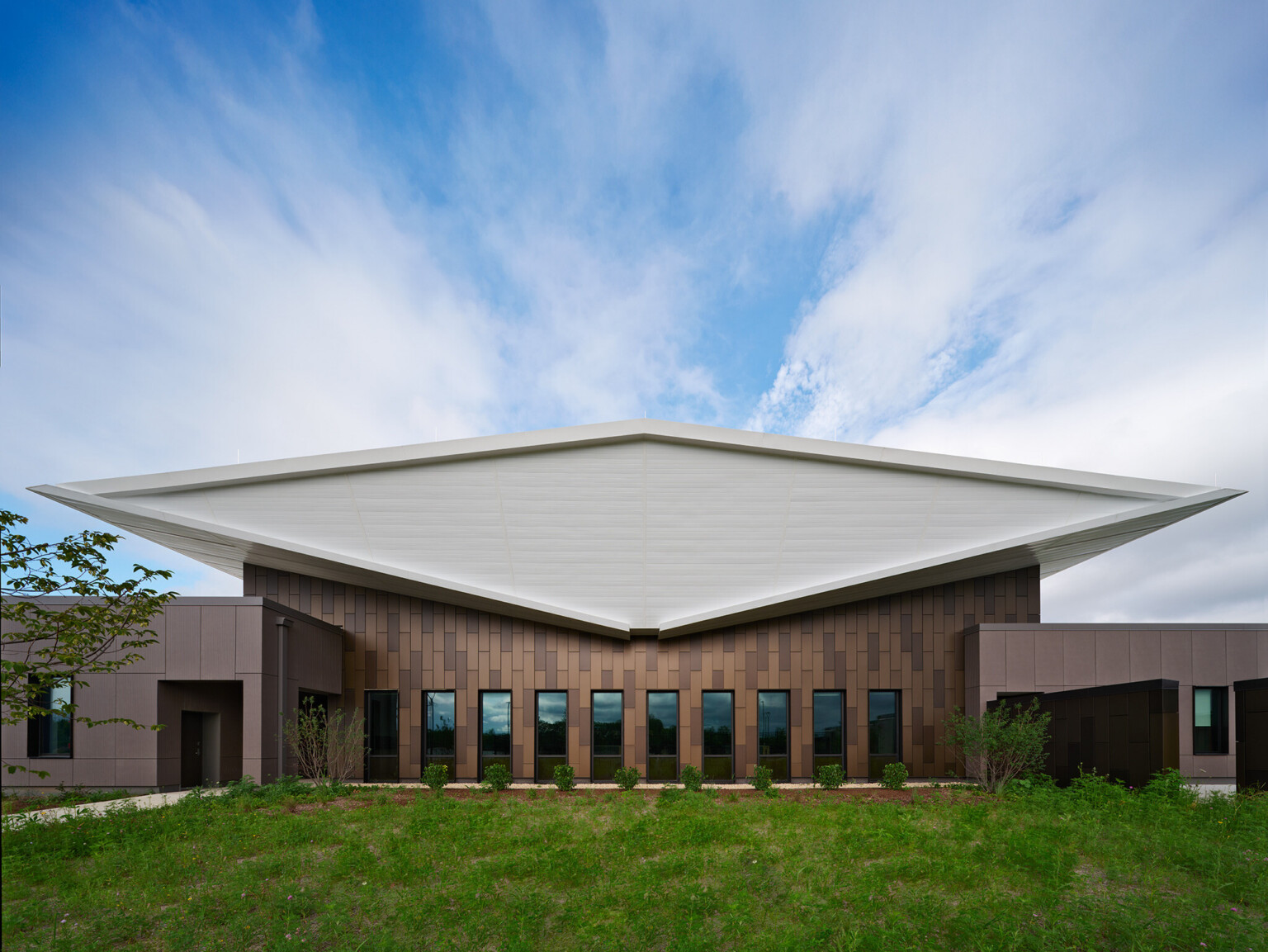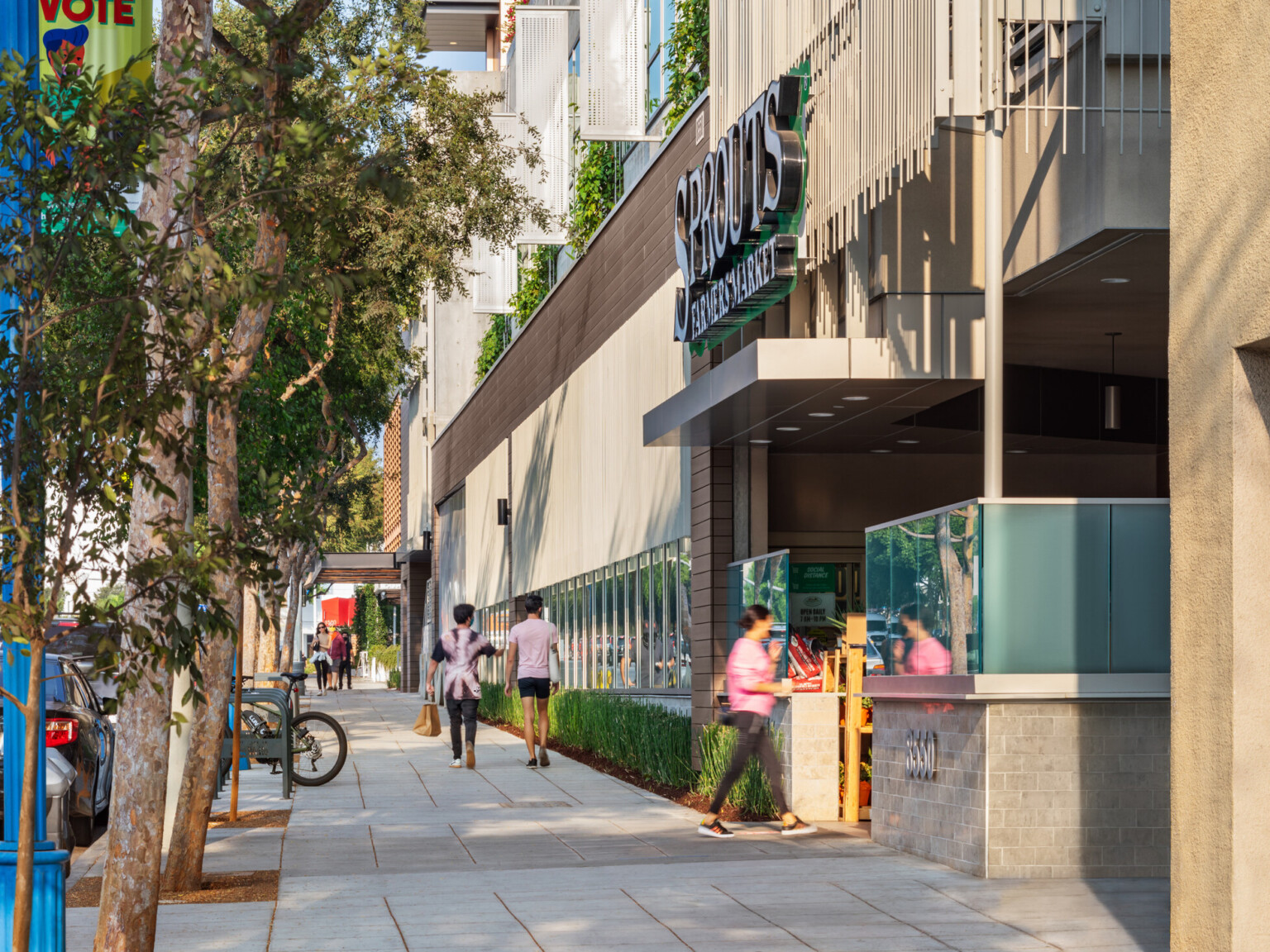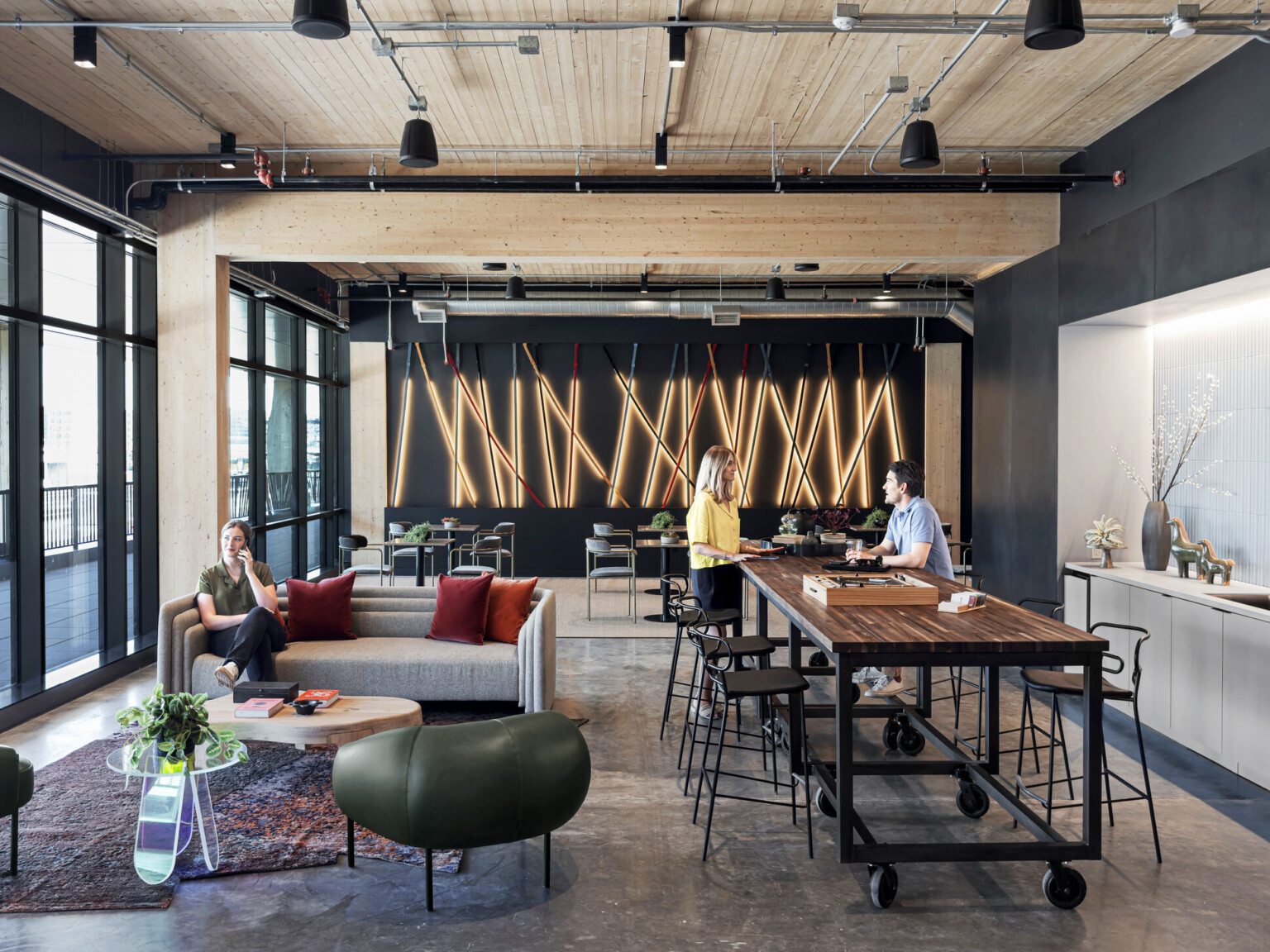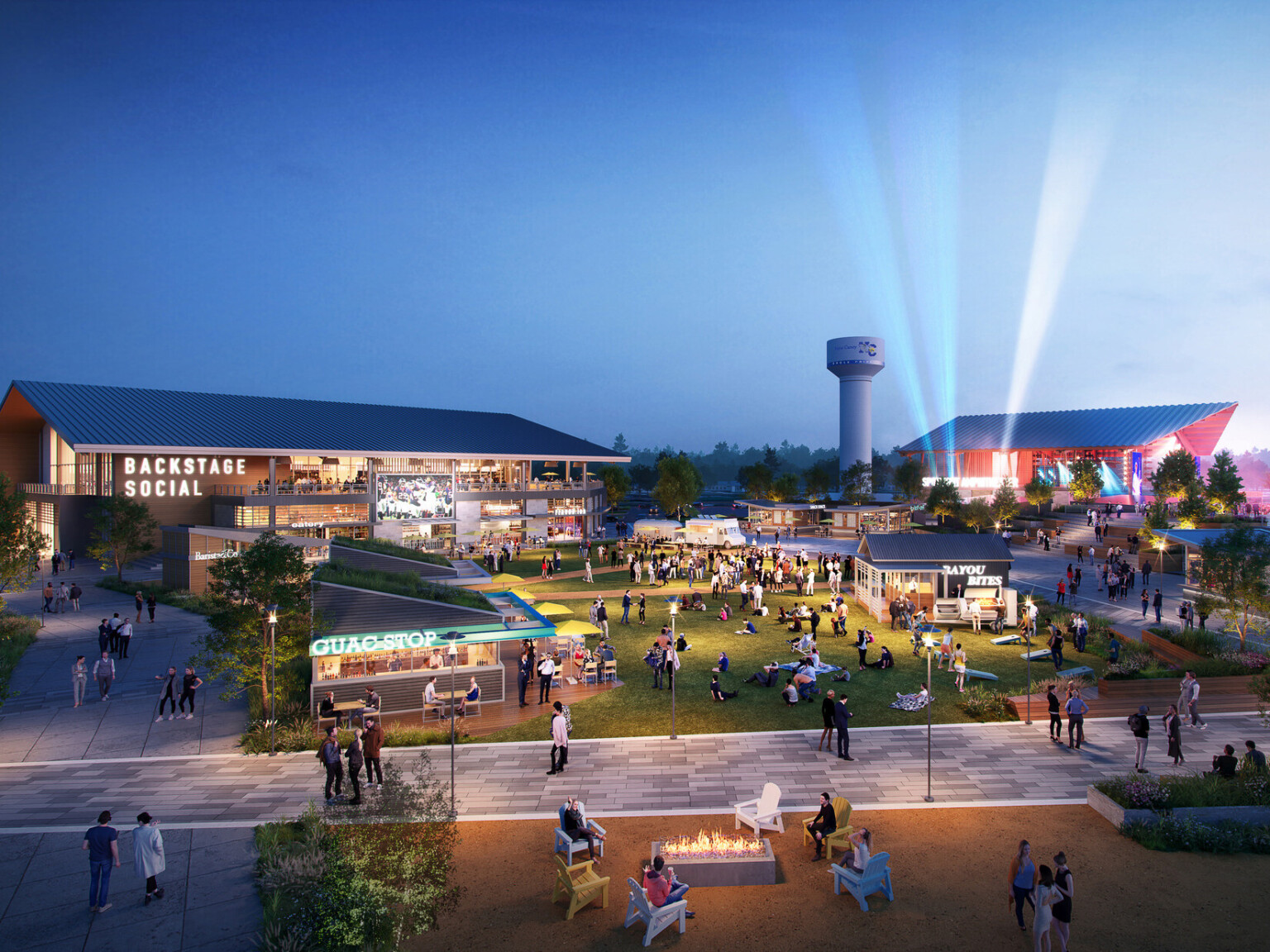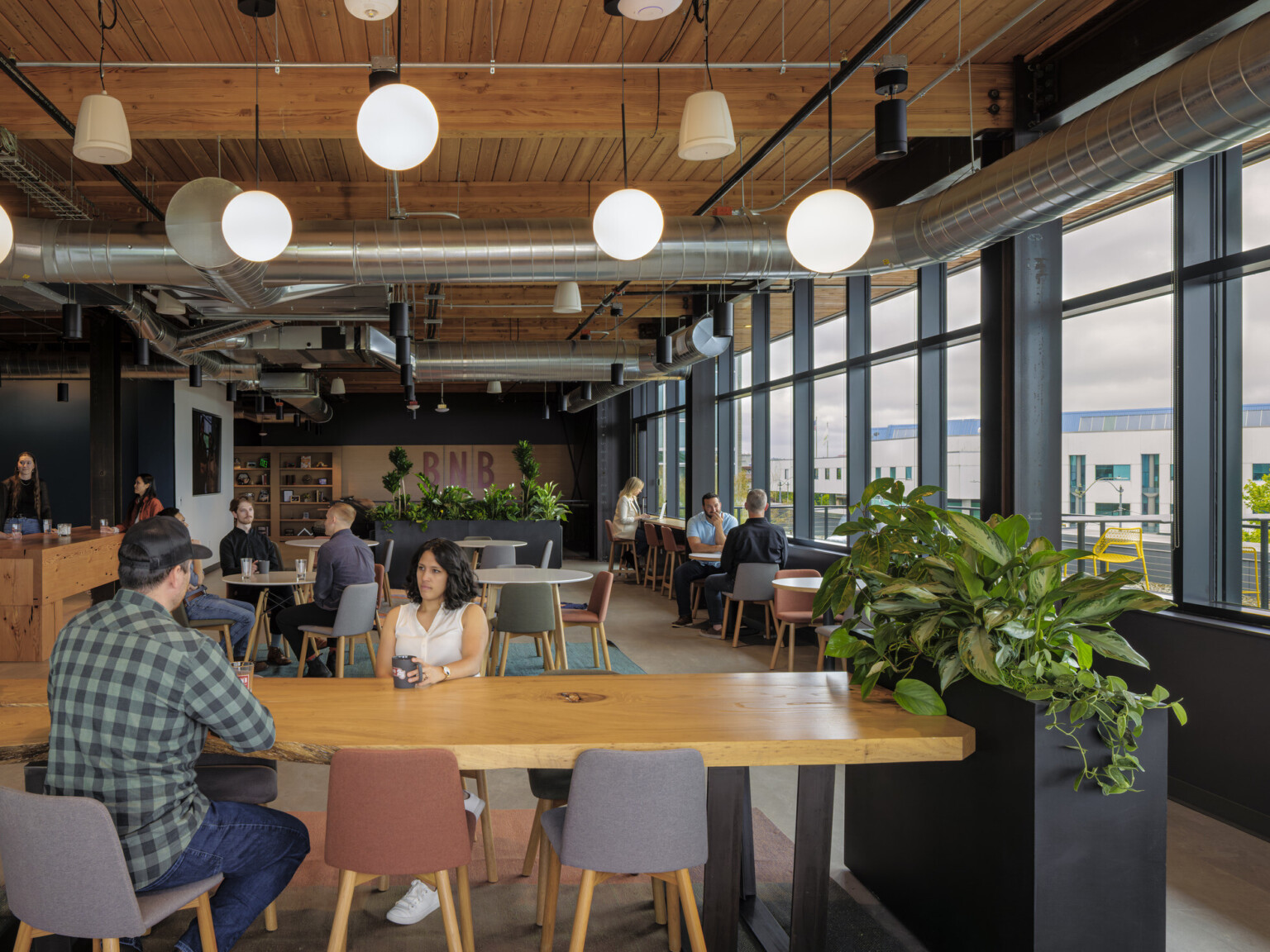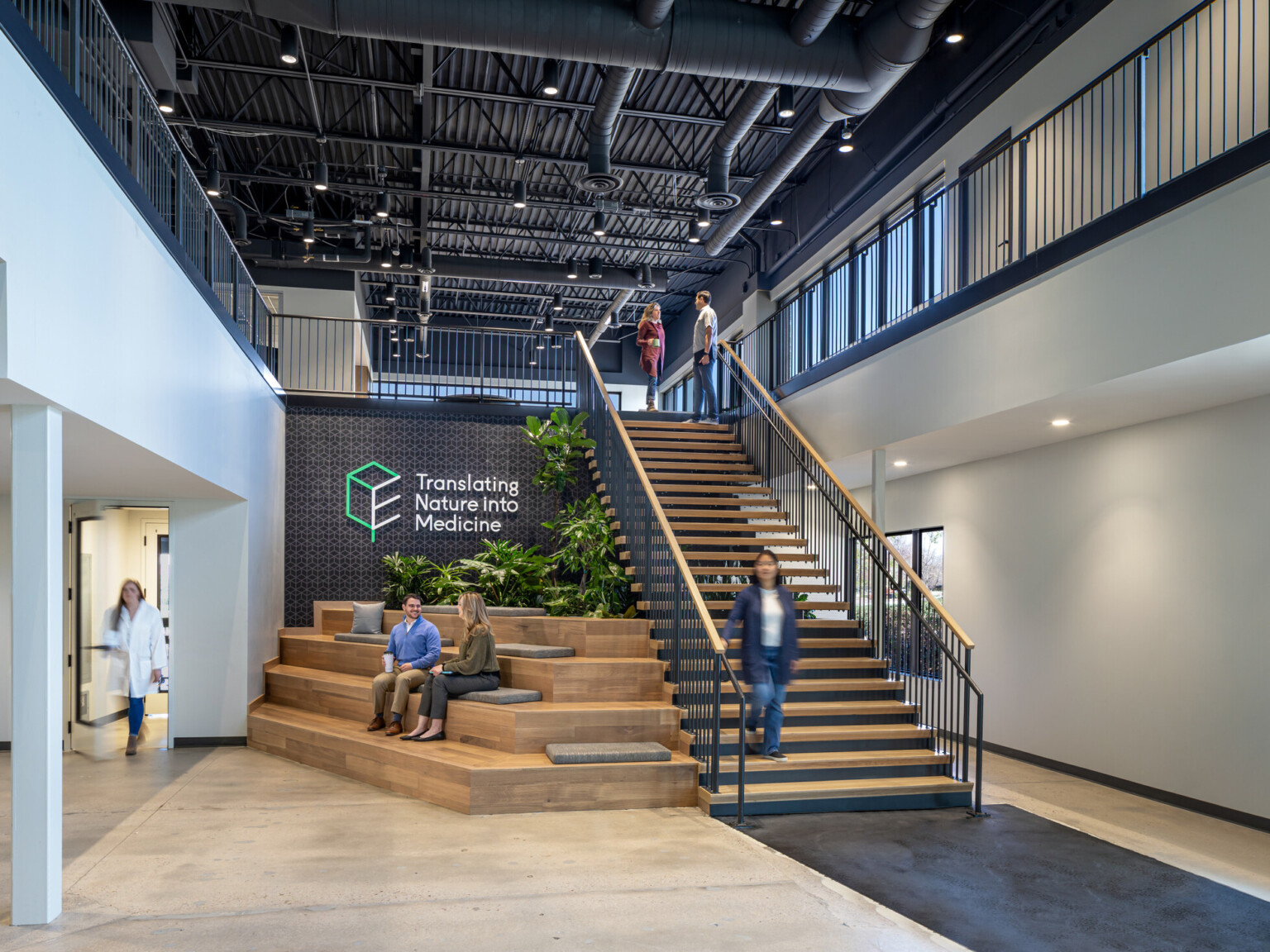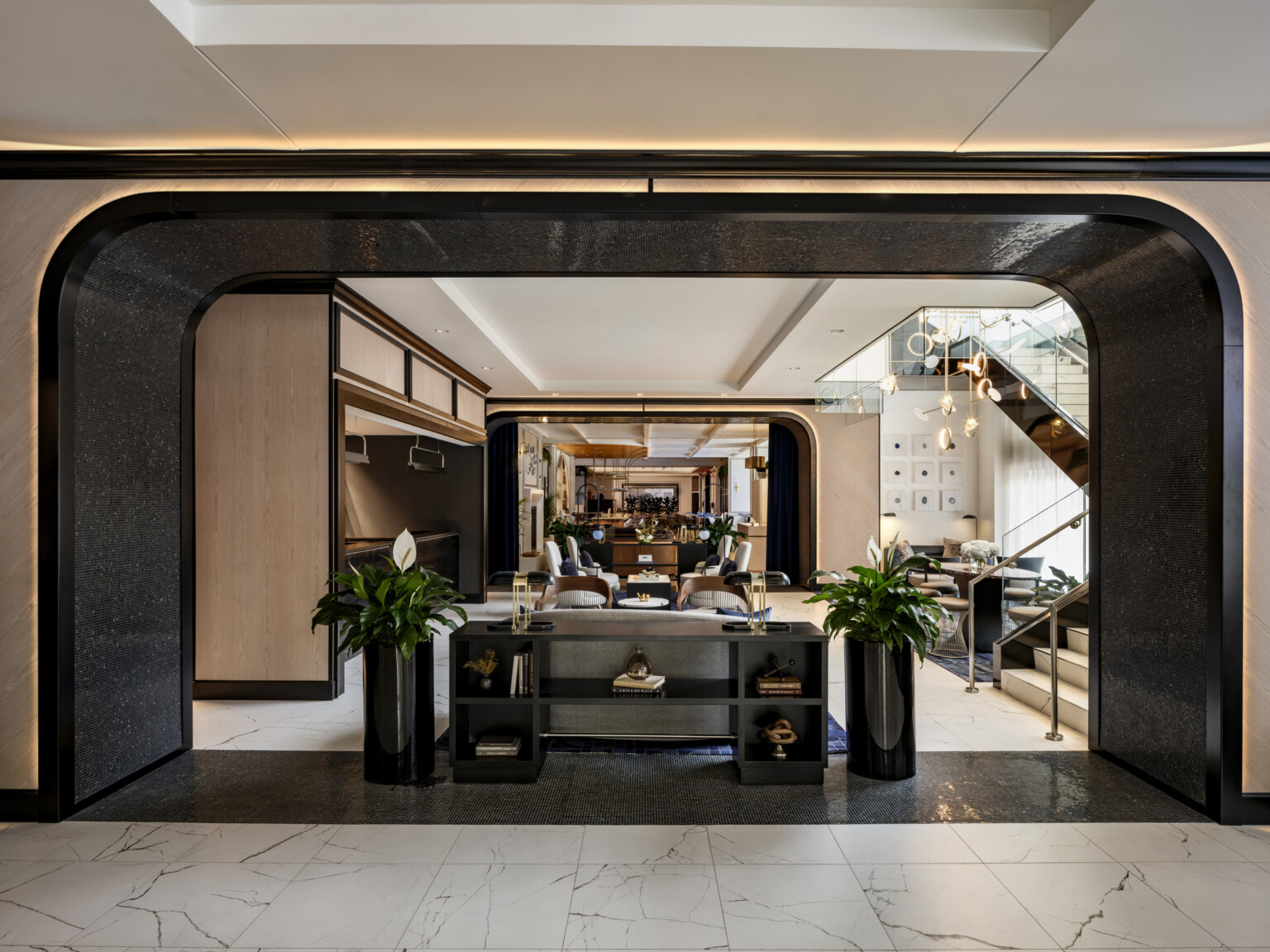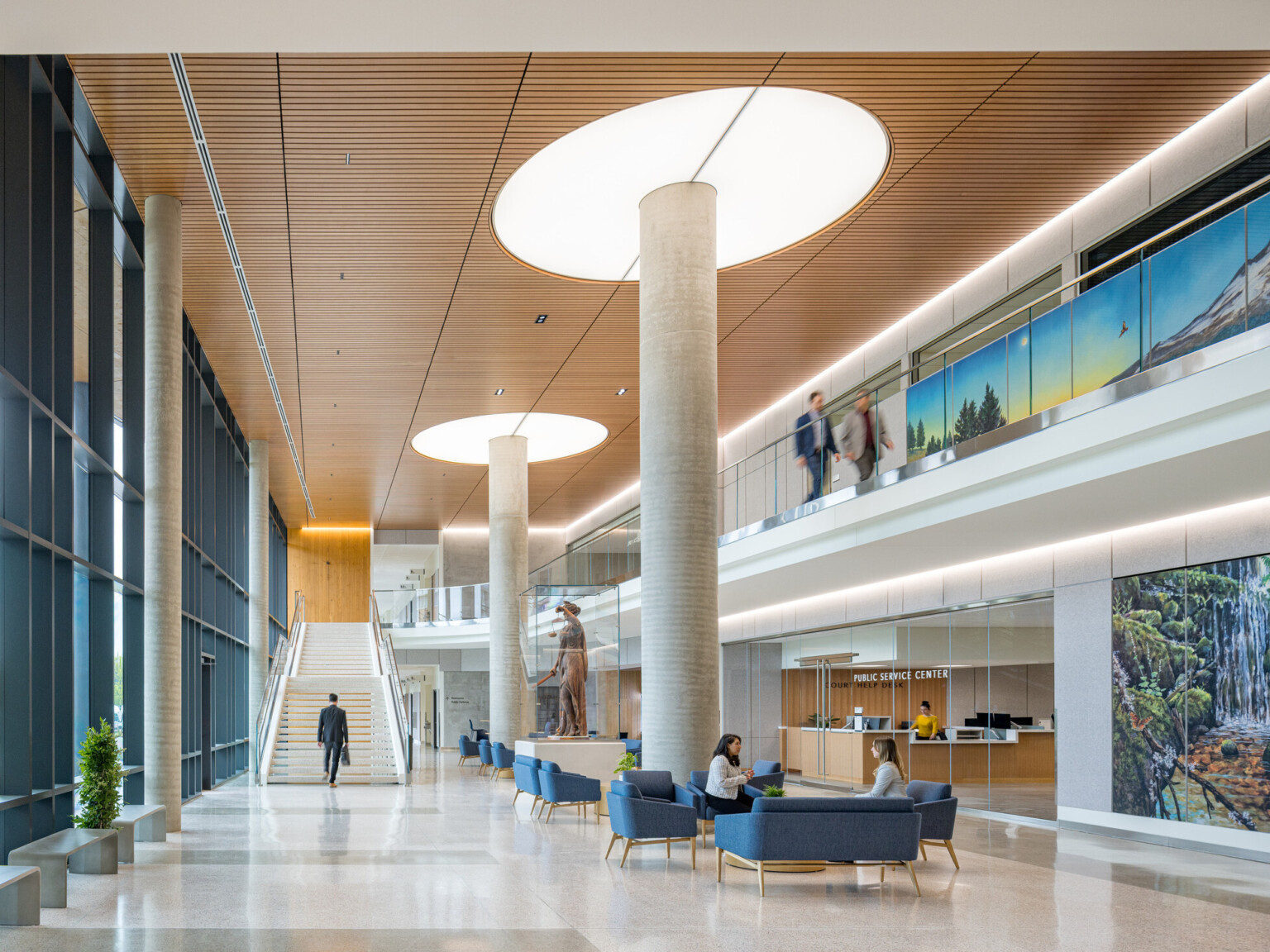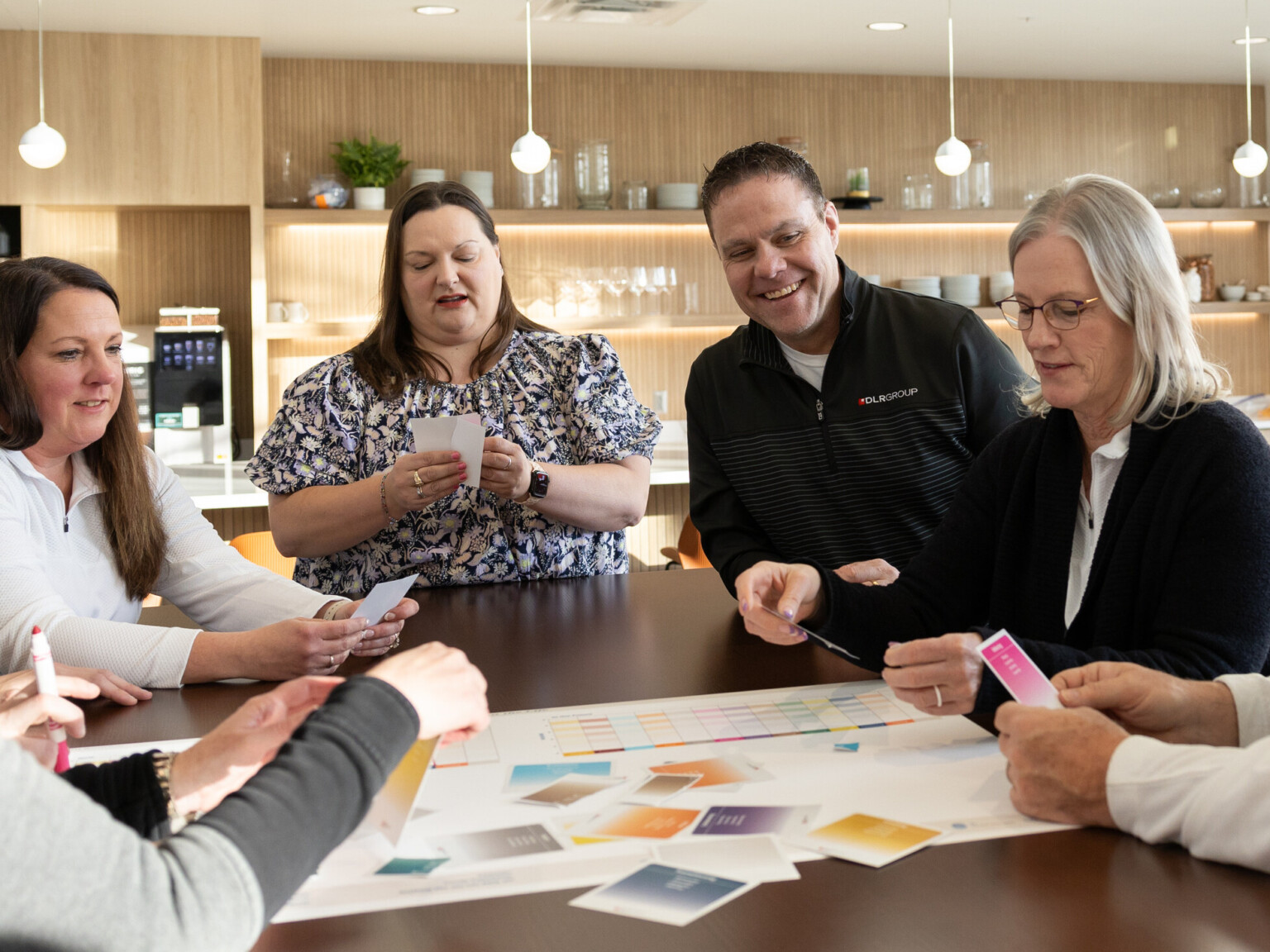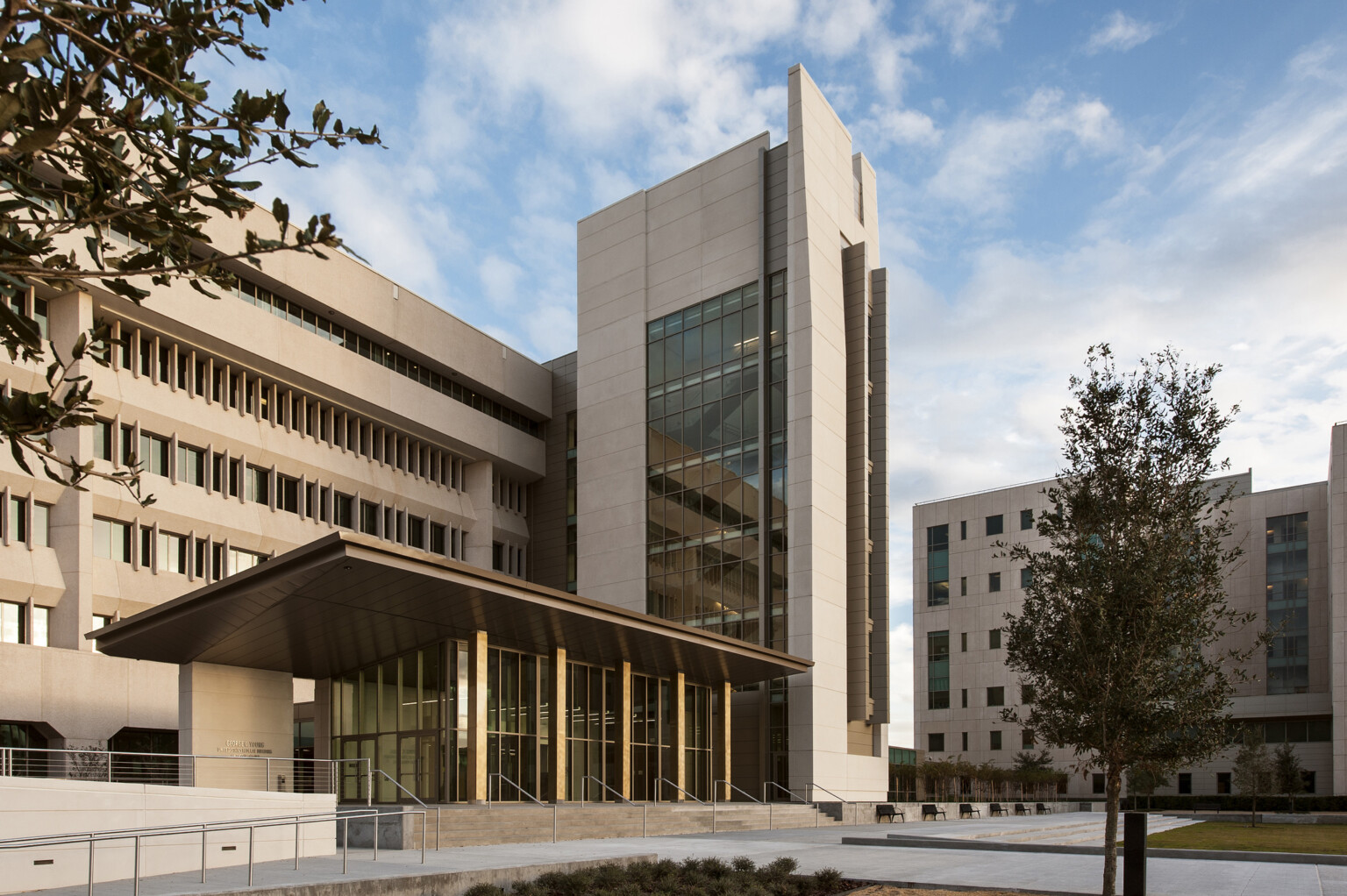
Scaling Impact: SBA Mentor-Protégé Program Boosts Small Businesses Growth
Imagine the synergy of merging community-specific knowledge with decades of experience and a broader perspective on the design industry. This is the essence of mentor-protégé programs, which connect established firms with emerging businesses, facilitating knowledge exchange and generating a pipeline of skilled and diverse talent. Partnerships with veteran service organizations are particularly beneficial in public sector projects, enhancing opportunities for government agencies.
The Federal Government allocates specific contracts for small business competitions, which include the very special certifications for veteran-owned small businesses and service-disabled veteran-owned small businesses. These specific small business growth strategies are uniquely equipped to foster opportunities and community for veterans transitioning from military service to the private sector. The values they cultivated through dedicated service to our nation become the cornerstone of their new enterprises, their workforce, and their clientele.
Within the realm of integrated design—a collaborative approach to architecture, engineering, and construction—SDVOSB partnerships provide invaluable insights for developing inclusive and accessible environments, supporting small business growth strategies and community enhancement.
The Vital Role of Service-Disabled Veteran-Owned Small Businesses
According to the Department of Labor’s “Labor Force Statistics of Veteran’s with Disabilities” report, out of the “17.8M veterans in the civilian” workforce, “5.2M (30%) reported having a service-connected disability and 4.6M (26%) as having a disability.” This is in comparison with “239.8M nonveterans,” of which “28.5M nonveterans (12% of all nonveterans) reported having a disability.” To put a fine point on it, there is a significant population of veterans in the workforce who have a service-related disability.
If the goal is to ensure the built environment is inclusive for all, then SDVOSBs play a vital role in design teams. In the context of federal design, SDVOSBs possess extensive knowledge of end-user mission-driven solutions, military construction requirements, and federal accessibility standards. By actively participating in the design process, these businesses ensure that diverse perspectives are included, making spaces more inclusive and adaptable to the needs of all individuals. This collaborative approach fosters environments that truly reflect the community they serve, promoting accessibility and usability for everyone.
Why We Should Work With SDVOSBs
By choosing to work with firms engaged in mentor-protégé programs with SDVOSBs, clients gain access to a powerful combination of local expertise, national resources, and a deep commitment to community service and accessibility, which are essential components of small business growth strategies. This translates to projects that are not only aesthetically pleasing and functional but also truly inclusive, serving the needs of all users.
Mentor-protégé programs create opportunities for SDVOSBs to grow and thrive, contributing to local economies and promoting veteran entrepreneurship. The collaboration between established firms and SDVOSBs fosters a culture of innovation, leading to cutting-edge design solutions that benefit everyone.
For established firms like DLR Group, a SDVOSB mentor-protégé partnership takes us back to our roots as a veteran-owned company—all three DLR Group founders were military veterans—and reinforces our core values. This is summed up perfectly in the words of one of our founding partners, James Roubal, PE, who was a veteran of the Korean War: “Many of our early employees since 1966 were veterans of WWII, the Korean War, and Vietnam. Some who joined us were physically handicapped, but they were all professionals who had had life experiences that enhanced their character and contributed to what we are today.”
Consider the special case of DLR Group’s relationship with Atriax PLLC. Our celebrated design work in the federal sector here is perfectly paired with Atriax’s knowledge and proven performance in their local community. The unique perspective and reputation they’ve forged through the resilience of being a service-disabled veteran-owned small business working directly with the Department of Veterans Affairs has established the firm as a reputable full-service industry partner, and DLR Group’s role as mentor furthers their growth and development.
DLR Group’s second mentor-protege, studio2G Architects LLP, is also a service-disabled veteran-owned architecture firm and happens to also hold woman-owned and HUBZone federal certifications. Their reputation as a design leader and role model in the local community is strengthened by these certifications. Two protégé partners on the east and west coasts, coupled with DLR Group’s 30+ offices, enables us to cover the entire US with a variety of resources and specialized design talent.
Empowering Spaces Through Mentor-Protégé Collaboration
Mentor-protégé programs help SDVOSBs leverage their unique expertise in integrated design. Surely, this is a great way to create spaces where everyone feels welcome, valued, and empowered. For more information on the unique capabilities and contributions of our SDVOSB mentor-protégé partners, visit Atriax Group and Studio 2G.
Read our full Annual Report for 2024.
To receive ideas like this directly to your inbox, subscribe to our email list.

